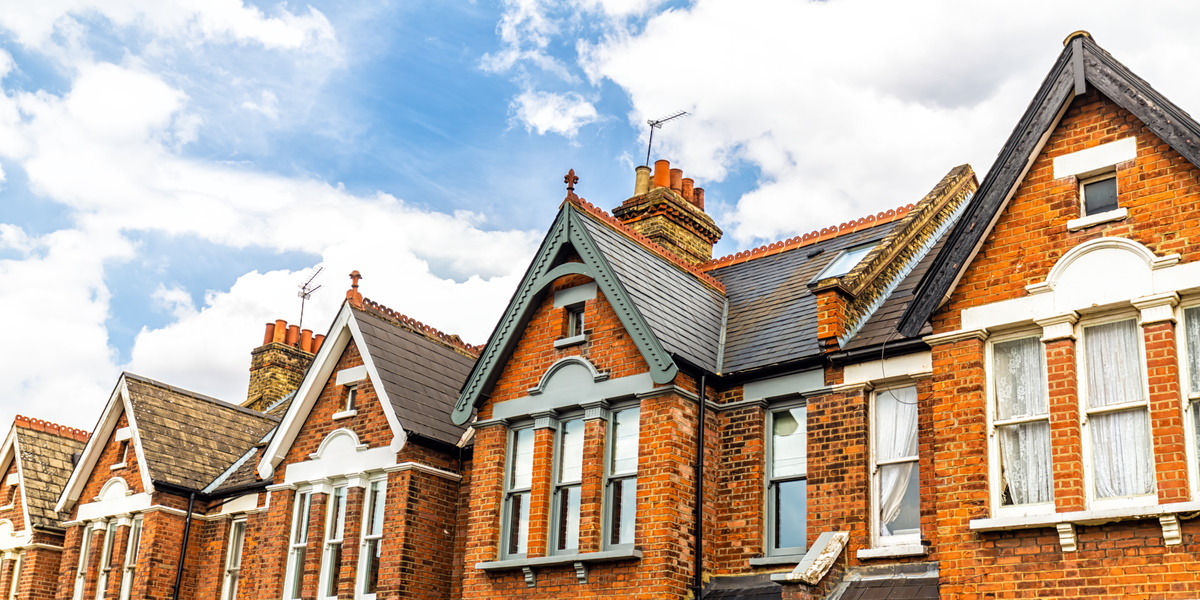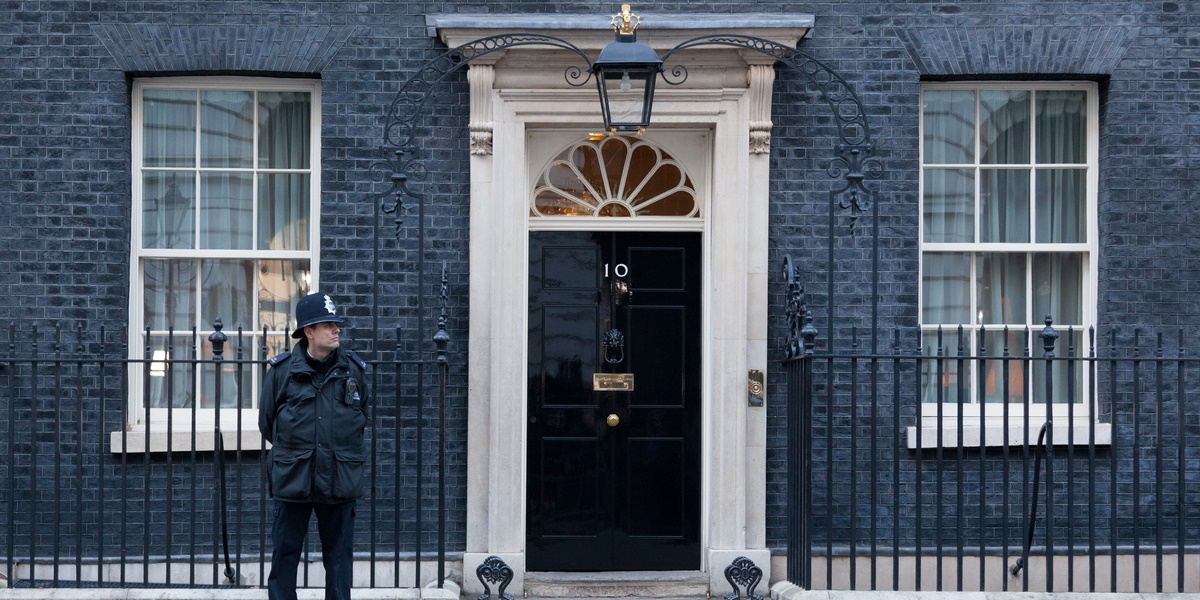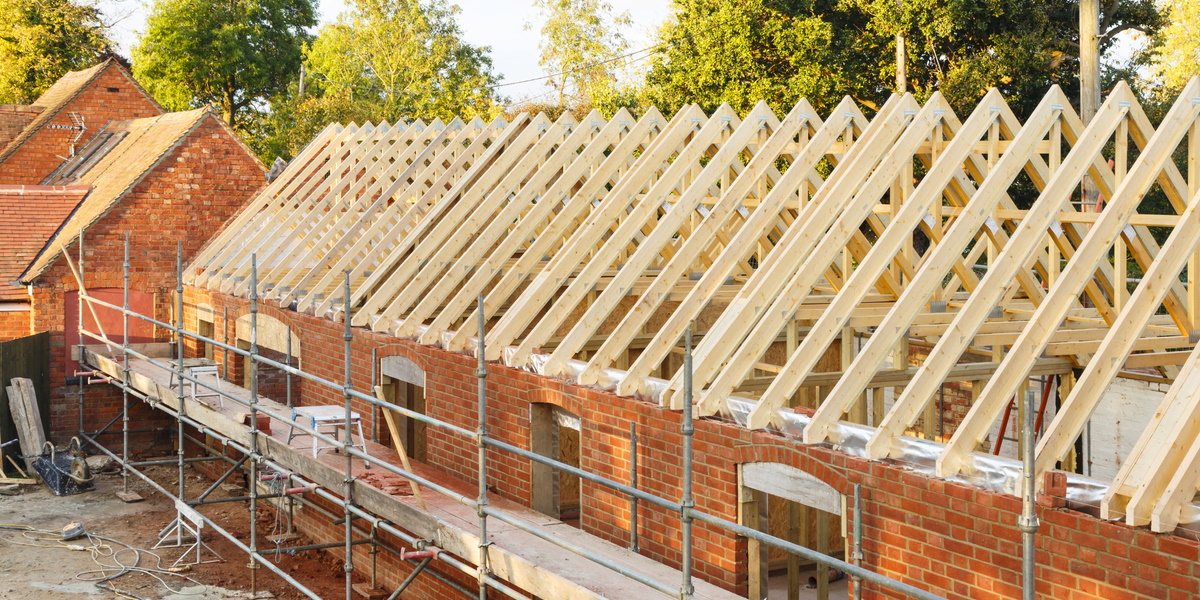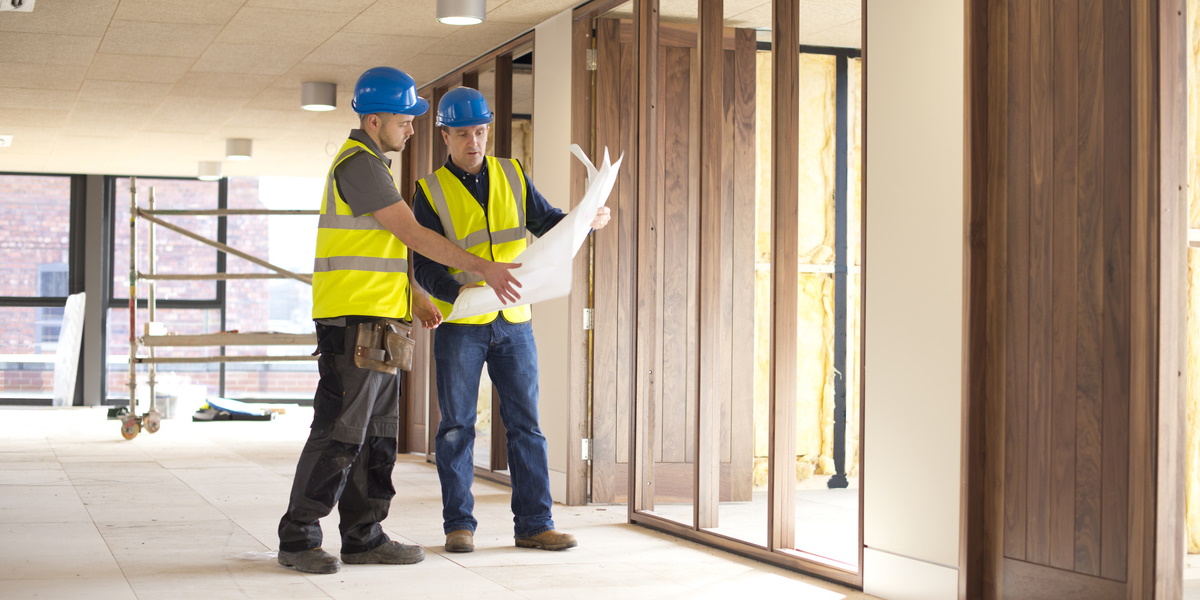
21/08/2023
Five top tips for selling off-plan
Selling off-plan has long been a technique favoured by developers. It offers certainty and helps manage cash-flow, allowing them to complete the sale of each unit as soon as it’s ready, making it easier for them to start focusing on their next scheme.
Buying off-plan has been attractive for buyers too, as they get first choice and can often specify the interiors and benefit from off-plan financial incentives.
Selling off-plan has become less fashionable as data from the estate agent Hamptons shows. Selling off-plan has reduced significantly over the last few years – while more than 70% of new homes completed in London in 2016 were sold this way, across England and Wales the figure was 46%, and by 2022 this had declined to barely a third (34%).
During the recent era of low interest rates and steadily rising property values it has made sense for developers to wait until properties are finished before releasing them to the market. Leaving it late to start the sales process increased the developer’s chances of achieving the highest possible price; a gain that would easily cover the cost of a few extra months of interest payments on their development finance facility.
However the rapid rise in interest rates and the cooling of the property market seen over the past year mean it’s time for a rethink.
The market’s shifting dynamics mean homes are taking longer to sell and achieving top prices is becoming harder. In June, the RICS Residential Market Survey recorded the lowest level of buyer demand for eight months, with net new buyer enquiries dropping to -45%.
Meanwhile data from Hamptons showed that last month it took the average seller 49 days to accept a buyer offer, making it the slowest July in a decade.
More striking still were the prices achieved. The average home sold in July for nearly £9,000 less than the level achieved last August, according to the latest Halifax House Price Index.
At the same time, higher interest rates in development finance mean that every month that a completed home sits unsold, developers’ profit margins erode faster.
If we assume that the cost of servicing the debt on an unsold unit has increased by an additional 6% per year, compared with last summer, each month that a £500k home at 70% LTV (i.e. with a debt balance of £350K) sits unsold now equates to an increase from £1,750 per month to £3,500 per month in interest every month.
For a £1m home at 70% LTV, the extra cost of interest has increased from £3,500 a month to £7k per month. These costs come straight off the developer’s bottom line, so in the current slow market the case for selling off-plan is overwhelming.
To maximise their chances of successfully selling off-plan, developers should plan their sales strategy before they even break ground and make sales and marketing an integral part of their development schedule.
If you’re a developer, here are five practical ways to keep your off-plan sales on track and your interest costs down…
Create a product the market wants:
Ensure the specification of your product is in line with what the local market wants and what your target buyers are willing to pay for. There is no point spending additional money on high-end spec if there isn’t the demand for it, and if it won’t add significantly to the sale price you ultimately achieve.
Study comparable schemes closely, and remember your estate agent can be a vital source of intelligence here – they will know the intricacies of the local property market and can help you choose the right pricing and sales strategy to get the right buyers through the door.
Choose your estate agent carefully, and early:
Your estate agent will be the public face of your development, so you must be certain of their ability to make it stand out and attract buyer attention. Engage an agent early and agree a marketing strategy with them.
It pays to start warming up potential buyers as soon as construction starts in earnest – for example by creating a website for the scheme with CGIs, floorplans and details of the specification and by posting time-lapse videos on social media of the build’s progress.
Put up an advertising board outside the site to raise awareness. Think carefully about how long the sales period will need to be – and how you can limit the risk of construction overruns eating into it. Stress-test your build schedule for several delay scenarios, and only agree to a launch / open day date if you are 100% sure you can make it happen.
Get on the legal front foot:
Make sure the legal paperwork for the properties is prepared well in advance. With help from a solicitor, decide early how to divide the titles, what each buyer’s deeds will comprise, how any communal areas will be delineated and managed, and so on.
Estate agents need to know these details so they can answer queries from prospective buyers, so ensure your agent is briefed accordingly. In the case of flats, set up a management company and seek your agent’s advice on tenure, lease length and management fees as these details influence each property’s sale price.
The best way to speed up the conveyancing process is to ask your lawyer to pre-empt what buyers’ solicitors might ask. This is likely to involve the creation of buyer packs, which will include answers to all standard legal queries.
Needless to say, you should deal promptly with any outstanding planning or building regs issues to ensure they don’t become banana skins for sales. Above all, ensure you have a draft contract ready to go out as soon as you accept a buyer’s offer.
Showtime:
Complete at least one show home as early as possible. Most prospective buyers find it hard to visit a muddy building site and envisage what the completed units will look like, so having a show home that’s warm and well-dressed makes a huge difference.
Make sure it’s safely accessible and kept spotless to give your estate agent the best chance of turning every viewing into a sale.
While the commission model means the agent’s interests and yours are aligned when it comes to achieving the best possible price for each unit sold, it may also be worth linking the agent’s fee to the speed of the sale to ensure things don’t drag on unnecessarily.
Know your pricing:
After months of planning and construction, it can be easy for developers to fixate on achieving a certain sale price for each unit. The current fragility of buyer demand, however, means developers may have to lower their ambitions.
An analysis by Hamptons of the homes sold in July by 550 estate agent branches across Britain found that 50% of properties had had price reductions.
With price-cutting now so widespread, many buyers have come to expect it. To decide if discounting is right for you, you need to fully understand the cost of your finance – and how much interest you will be paying each month your properties remain unsold.
The question you need to ask yourself is whether you would do better to accept a discount now in order to secure a sale (which will pay down your development loan) rather than keep paying your lender interest in hopes of getting a better price in future.
Know what your bottom line is at all times, and if you feel the market is worsening, discount early to secure sales ahead of your competitors.
Remember also that there are other ways to incentivise buyers. With some would-be purchasers struggling to get a full deposit together, offering to cover their legal fees or even their stamp duty could be more effective than a discount on the headline price.









